Rhodium Group estimates US GHG fell 2.1% in 2019, driven by coal decline
Green Car Congress
JANUARY 8, 2020
The Rhodium Group, an independent research provider, estimates that, after a sharp uptick in 2018, US greenhouse gas (GHG) emissions fell by 2.1% in 2019 based on preliminary energy and economic data. This decline was due almost entirely to a drop in coal consumption. Coal-driven decline. increase in 2018. year-on-year.

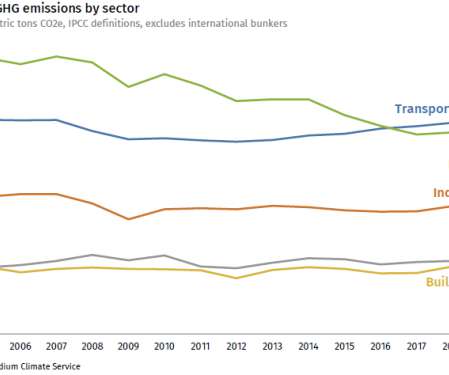











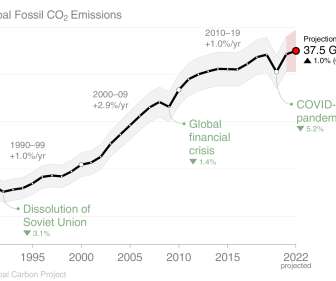




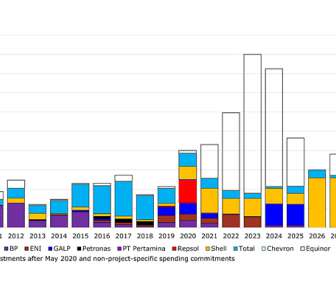
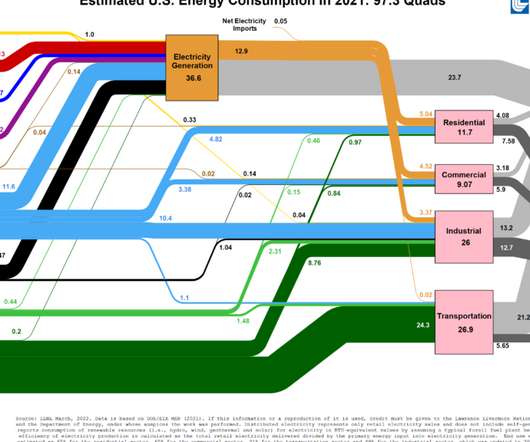



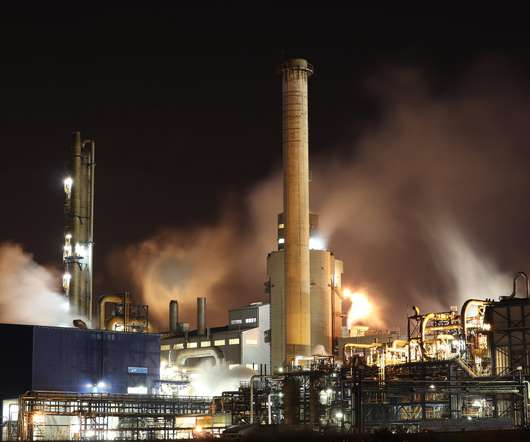

















Let's personalize your content